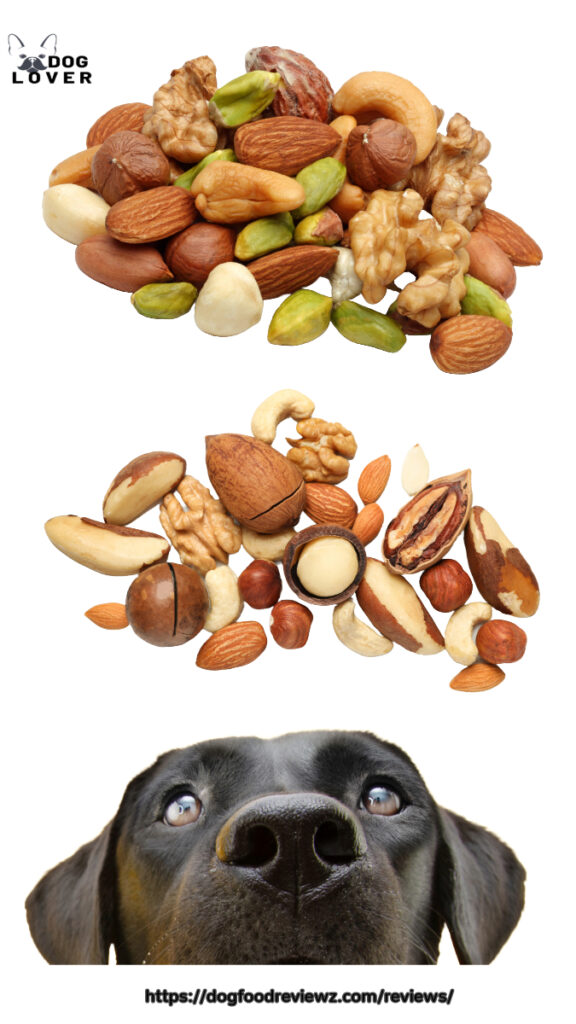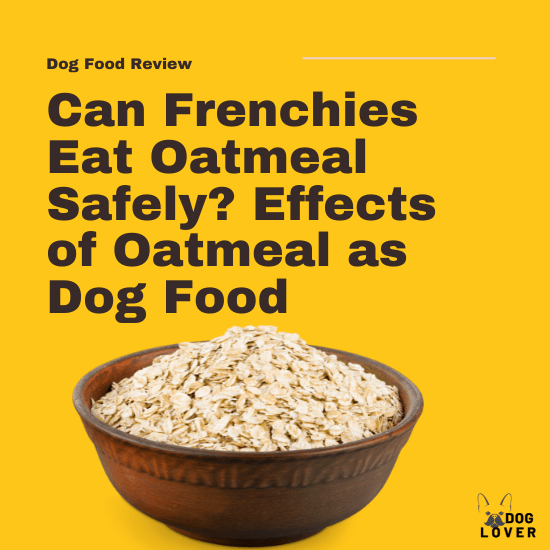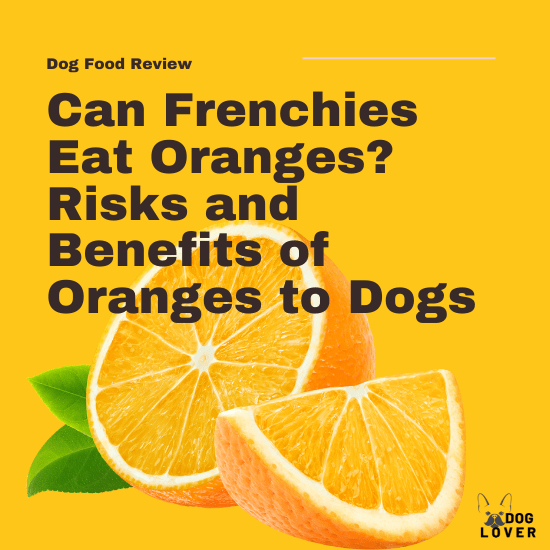While dogs can eat certain nuts, not all nuts are safe for canine consumption.
Though nuts are nutritious, and contain proteins, fiber, and fats, they should only be given to dogs in moderation.
Plain, unseasoned nuts can be safe in small amounts, but their high fat and calorie content can lead to obesity, pancreatitis, heart problems, and gastrointestinal issues if consumed in large quantities.
Additionally, nuts pose choking risks and can harbor harmful molds that produce aflatoxins, potentially causing liver damage.

Safe Nuts for Dogs
Peanuts
Dogs can safely eat plain, unseasoned peanuts (raw, boiled, or roasted) without shells. Technically legumes rather than nuts, peanuts are rich in:
- Proteins for growth and tissue maintenance
- Arginine for blood circulation
- Vitamins B6 and E
- Minerals including potassium, magnesium, and phosphorus
Both young and old dogs can benefit from peanuts’ nutritional content when given in moderation.
Cashews
Shelled, cooked cashews are safe for dogs in moderation. These nuts offer:
- Protein and fiber
- Heart-friendly monounsaturated fats
- Zinc and magnesium for immune health
- Antioxidants
- Vitamin K for bone strength and blood clotting
However, their high-fat content means they should be given sparingly to avoid obesity and other health issues.
Chestnuts
Plain roasted chestnuts can be fed to dogs in small amounts. Benefits include:
- Fiber for digestive health
- Omega fatty acids for skin and coat health
- Plant protein and amino acids
- Tryptophan, which can help improve mood by promoting serotonin production
Unsafe Nuts for Dogs
Pecans
Pecans should never be fed to dogs as they contain juglone, a toxic substance. Pecan poisoning symptoms include:
- Fatigue and incoordination
- Frequent urination
- Vomiting and diarrhea
Pistachios
Though not toxic, pistachios are unsafe for dogs due to:
- Very high-fat content
- Risk of aflatoxin from mold
- High salt and phosphorus content
Pistachio poisoning symptoms include jaundice, lethargy, loss of appetite, vomiting, and liver failure.
Macadamia Nuts
Macadamia nuts are highly toxic to dogs, even in small amounts. Symptoms of macadamia poisoning include:
- Weakness and staggering
- Hyperthermia and increased heart rate
- Vomiting and abdominal pain
- Tremors and seizures
- Pale mucous membranes
Contact a veterinarian immediately if your dog consumes macadamia nuts.
Other Foods to Consider
Safe Accompaniments
- Seeds (in moderation):
- Unsalted sunflower seeds
- Ground flaxseeds
- Chia seeds
- Roasted pumpkin seeds
- Hemp seeds
- Berries (in moderation):
- Blueberries
- Strawberries
- Blackberries
- Cranberries
- Raspberries
Unsafe Accompaniments
- Raisins: Highly toxic to dogs, can cause kidney failure
- Wild berries: Many varieties are toxic
- Most fruit seeds (like apple seeds)
- Commercial dried fruits with preservatives
Simple Nut-Based Dog Treat Recipe
Nutty Dog Bones Ingredients:
- Almond flour
- Coconut flour
- Ground flaxseeds
- Ground ginger
- Ground peanuts
- Water
Instructions:
- Preheat oven to 350°F
- Mix all ingredients
- Form into dough
- Roll out and cut into biscuits
- Bake for 20 minutes
- Cool before serving
Best Dog Foods with Nuts
Nuts are nutritious and beneficial for dogs, offering healthy fats, protein, fiber, antioxidants, and essential vitamins.
Some of the best dog foods with nuts include
- Blue Buffalo Wilderness Trail Treats (with peanuts)
- Wellness CORE RawRev (featuring almonds)
- Natural Balance L.I.D. Limited Ingredient Diets (including cashews)
These options support heart health, digestion, and energy levels. However, always feed nuts in moderation and avoid toxic varieties like macadamia nuts and walnuts.
When choosing nut-infused dog food, opt for those with minimal additives and consult your vet for safety.
Key Takeaways
When feeding nuts to dogs:
- Always remove shells
- Serve plain, without salt or seasonings
- Give in moderation
- Watch for signs of allergic reactions or digestive issues
- Avoid toxic varieties like macadamia nuts and pecans
- Store properly to prevent mold growth
- Consider your dog’s size and health condition
While some nuts can provide nutritional benefits for dogs, they should only be occasional treats rather than regular parts of their diet.
Given the risks and high-fat content, it’s often safer to choose other healthy treats specifically designed for dogs.


